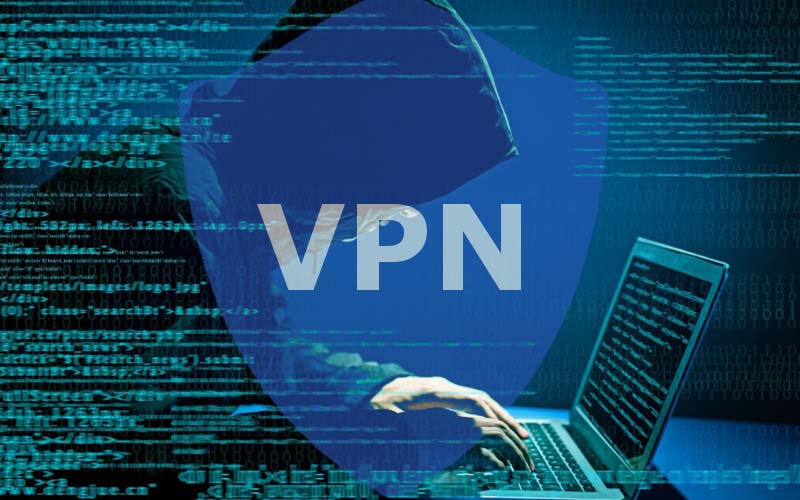VPN is short for Virtual Private Network and is a technology that creates an encrypted secure connection over a less secure network such as the Internet. The advantage is that it provides security that the network it is based on cannot provide. It uses the Internet to transfer data. Many such VPN for Mac networks can be created using a variety of systems that include encryption and other security mechanisms to ensure that only authorized users can access the network and that information cannot be intercepted by others. It is like a tunnel built to transmit data between a network, such as an organization, and a remote user.
VPN protocols
The main VPN network protocols are:
IPSec – developed by the Internet Engineering Task Force to ensure the security of data exchange at the IP level. It is widely used to create VPN for Mac.
PPTP is a point-to-point VPN tunneling protocol developed jointly by Microsoft, US Robotics, and several remote access providers. It is now deprecated due to security issues
L2TP – Layer 2 Tunneling Protocol is an extension of the PPP protocol (PPP that establishes a connection between 2 nodes or computers) L2TP allows ISPs to work with VPN
SSL – Secure Sockets Layer is widely used nowadays, which can be used with a standard web browser. Unlike IPSec, it does not require specialized client software to be installed on the end user’s computer.

Benefits of a VPN
- Security and data theft prevention
- Uncensored Internet access
- Ability to unlock for sites
- Avoid data trackers by keeping your browsing history private
Who uses it?
It is used at the individual level – consumers use a private VPN for Mac or tunnel to protect their identity and online activities. This is especially true when we use public Wi-Fi, which can be dangerous. You can use anonymous VPNs that act as a privacy buffer between you and your ISP, which otherwise has access to your Internet usage patterns. VPNs are widely used by BitTorrent users.
Corporations use it to securely transmit video, voice or data over a public network. It’s also a good option if employees are scattered around the world. VPNs help connect global offices. Corporations use either a VPDN, which helps connect to a company’s local network through a dial-up connection, or a site-to-site VPN, where special equipment is also used to connect multiple sites to a company’s local network.













